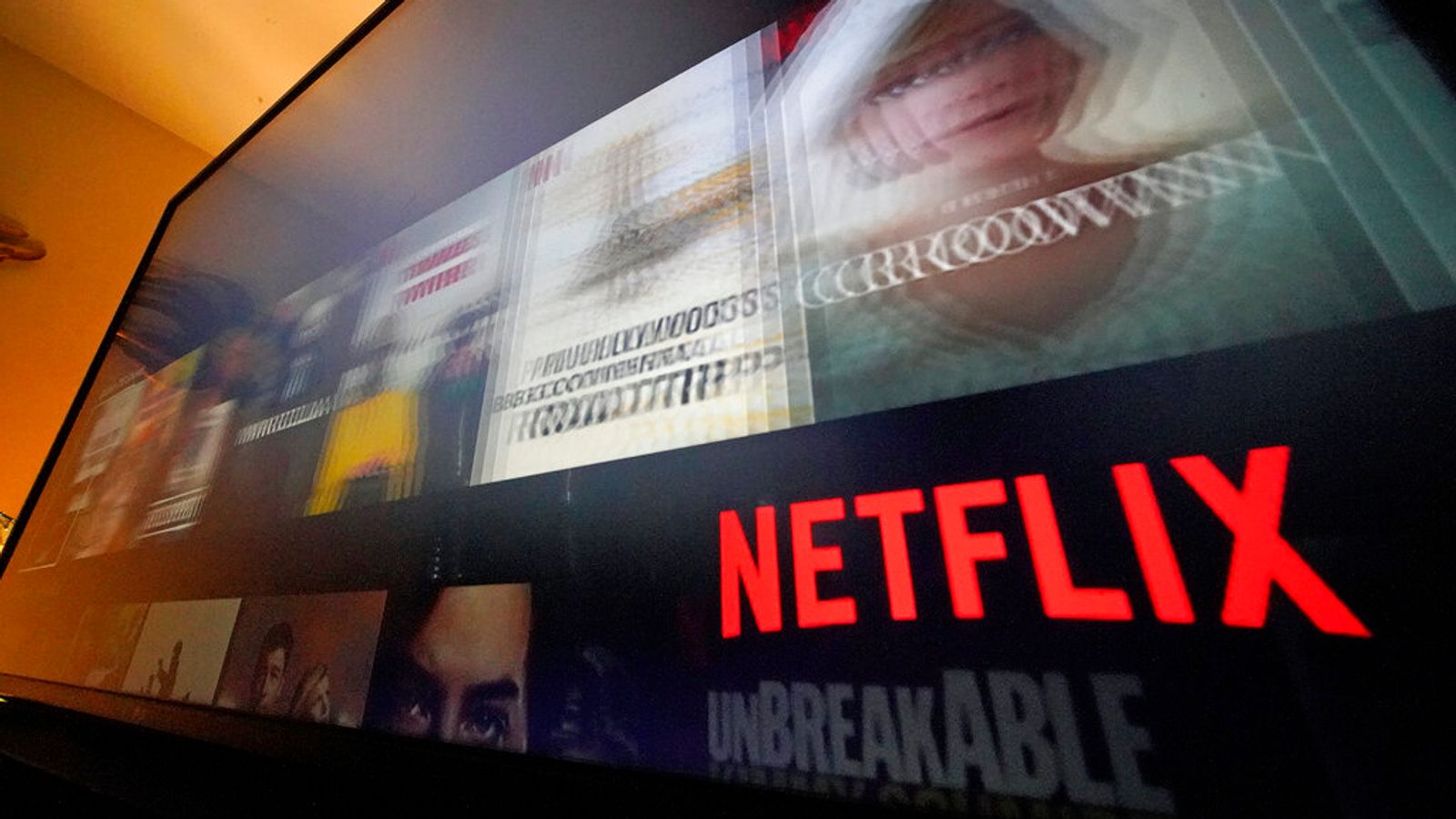Netflix’s impending crackdown on password sharing includes plans to force users to regularly connect via their home Wi-Fi.
An update to the streaming giant’s help page reveals details of how the company will finally take a tougher stance against the practice, which millions of people in the UK are estimated to partake in.
While logins will still be shareable within a single home, Netflix has outlined new measures to ensure that any device which uses the account is associated with the account holder’s primary location.
Who will I be able to share my account with?
People within your home can still use your account – so if mum or dad are paying, but the kids are still at home, they can have their own profiles and watch Netflix on their own devices as they do now.
But if the kids have gone to university or moved out, maintaining access to their parents’ Netflix will get trickier.
That’s because by using information such as IP addresses, device IDs, and account activity, the company can detect where users are logging in from and may choose to intervene if they suspect a case of freeloading.
How is this going to be enforced?
Netflix will treat devices which use your account as trusted if they are connected to your home Wi-Fi regularly.
So don’t worry, you can of course still take your Netflix account with you on your phone when you go out, assuming that you bring it back home with you and log in there at least once every 31 days.
But if a device from outside your household signs in or is used persistently, Netflix says it may ask you to verify that device before it can be used to watch anything.
Read more:
How streaming services could change in 2023
What sort of verification?
Netflix says it will send a link to the email address or phone number associated with the primary account holder, containing a four-digit code that will need to be entered on the untrusted device within 15 minutes.
This “may be required periodically”.
And this will also be needed of you if you are away from your home for an extended period of time, for example if you take your phone travelling and plan to keep using Netflix.
So I can still share my account?
Technically, yes, it’s just becoming a lot more inconvenient, riskier, and could end up costing you.
Firstly, don’t forget Netflix limits how many devices can be using one account simultaneously depending on which pricing tier you’re on, and it maxes out at four at £15.99 per month.
Even if the prospect of constant verification code messages or someone swinging by to use your Wi-Fi isn’t inconvenient enough, Netflix may still act if it suspects blatant password sharing is going on.
Those who are logging in from outside the household will either have to pay up for their own account, or the original account holder will need to spend a little extra.
Netflix has been trialling a feature to let people add subaccounts for up to two people they don’t live with. It’s been testing in parts of South America since last year and costs the equivalent of an extra £2-£3 a month.
Why is Netflix doing this?
Netflix started talking tough on a potential password sharing crackdown during a lull in subscriber numbers.
With more competition from the likes of Disney+ and Amazon Prime, and the cost of living crisis, the company was looking for ways to reverse the trend and boost revenue.
It started trying to tempt account sharers to make the move of their own accord last year, by letting people transfer profiles from one account to another.
The Intellectual Property Office has since ruled that password sharers are breaking copyright law – it’s just down to the streaming services themselves to enforce it.








